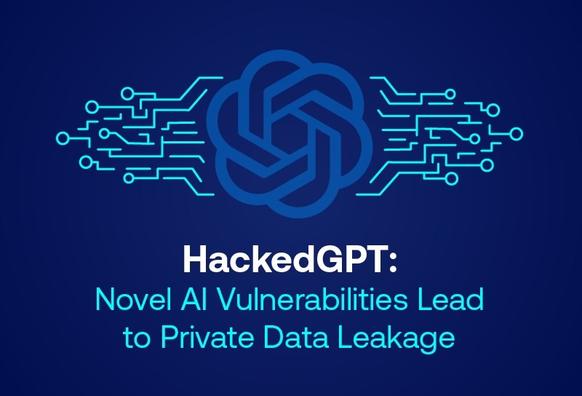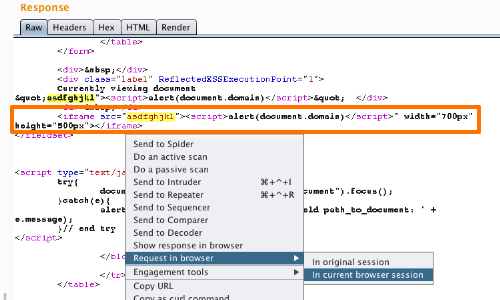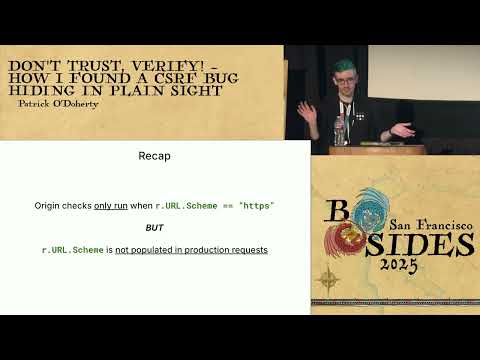Unser praxisnahes Intensivtraining „Hacking Extrem Web-Applikationen“ vermittelt Dir, wie echte Angreifer denken und wie Du Dich wirksam vor ihnen schützen kannst.
Was Dich erwartet:
✅ Realistische Angriffe auf Webanwendungen und Backends
✅ Vollständige Abdeckung der OWASP Top Ten
✅ Hands-on-Labs mit echten Tools und Exploits
✅ Durchführung durch erfahrene Experten für Applikationssicherheit
Themen:
✅ Informationsgewinnung
✅ Angriffe auf Web- und Applikationsserver, auf die Übertragung, Anwendung und das Backend
✅ Behandelte Systeme sind Unix- oder Windows-basierte Webserver, Datenbanken, Application Server, etc.
Für alle, die Applikationssicherheit nicht nur verstehen, sondern erleben möchten.
Melde Dich jetzt an und sichere Dir Deinen Platz:
👉 https://cirosec.de/trainings/hacking-extrem-web-applikationen/
#Webanwendungen #Backends #OWASPTopTen #HandsOnLabs #Applikationssicherheit #Informationsgewinnung #Webserver #TLS #Sessions #SQLInjection #XSS #CSRF #SSRF #CommandInjection #Logikfehler #DateiUploads #XMLInjection #Schwachstellen


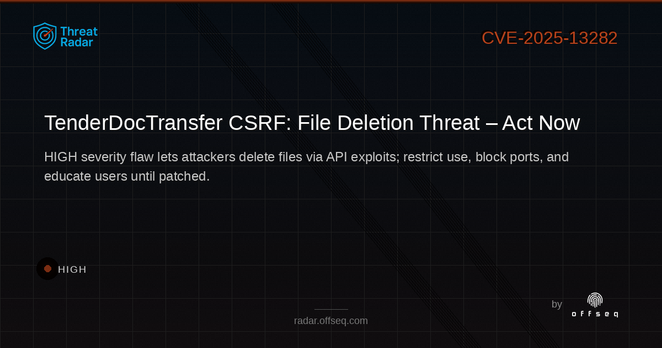
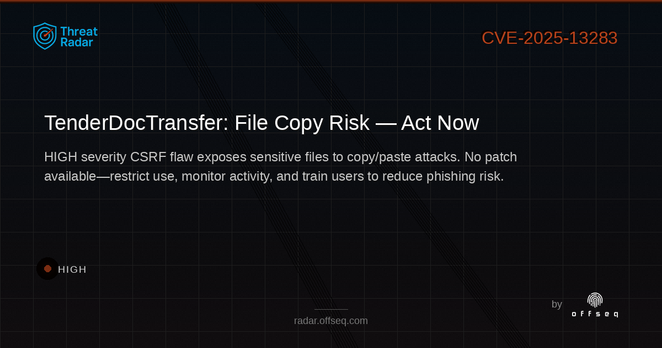
 🔻
🔻
 Intentando configurar
Intentando configurar 
